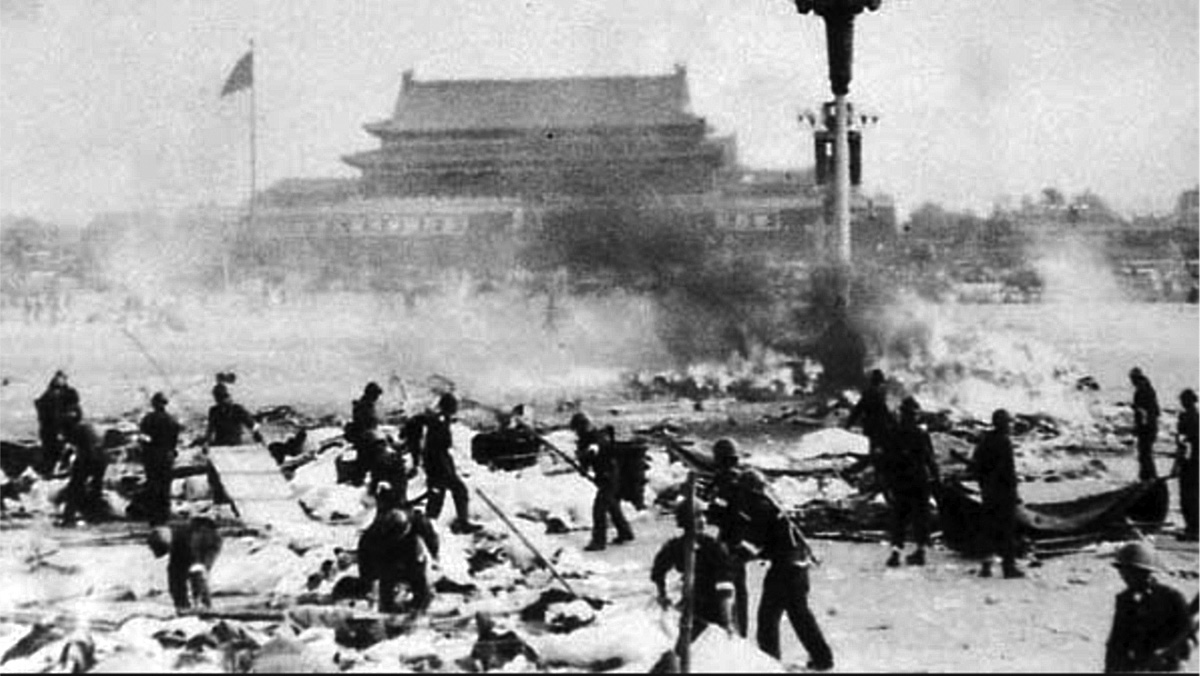
With the success of Sisi’s coup, Egyptians faced an empowered and rejuvenated military system that knows it can take brutal measures against its own people with impunity. The hopes of a new Egypt that followed the 25th of January revolution gave way to a regime more brutal and repressive than the one the 2011 uprising overthrew. El Sisi’s forces massacred all of them inside mosques. Protesters demanding Morsi’s restoration gathered in Cairo’s Rabaa Al-Adawiya Square where they staged a sit-in, refusing to leave until their demands were met. In the early hours of 14 August 2013, Egyptian forces descended upon Rabaa Square in Cairo, mounting a vicious assault against pro-democracy activists holding a sit-in to protest against the military coup that had unfolded six weeks earlier. Sisi and his military responded by indiscriminately killing peaceful demonstrators. Įgyptians once again came out in massive peaceful demonstration and merely demanded that the constitution be upheld and the legitimately elected government, President Morsy, be reinstated. The plotters promptly staged a military coup and installed defense minister Abdel Fattah Sisi in power.

The three together spent eleven billion dollars to create food and fuel shortage tand created mass unrest which toppled President Mohamed Morsy. The task was entrusted to three Gulf countries-Saudi Arabia,Kuwait and United Arab Emirates,who have now become collaborators of US-European Israeli conspiracies against the Middle East region. They all got together to topple Morsy and crush rising democracy. In the subsequent elections held for the first time in 61 years Mohamed Morsy was elected president.This sent alarm bells among the other tyrants,especially oil sheikhs in the gulf,and in the United States and Europe-all hellbent on protecting Israel and ensure the safety of Arab dictators. Oppressed and brutalized Egyptians under tyrant Hosni Mubarak’s regime which was protected and promoted by United States and Europe providing time for Israel to grab more and more Palestinian lands and build more and more settlements.Įgyptians came out in mass demonstrations during the 2011 Arab Spring and overthrew Hosni Mubarak The slaughter of innocent men, women and children also marked the end of the Arab Spring and the death of democracy in Egypt in particular and the Middle East in general. However Rabaa massacre did not get the same media publicity which Tiananmen Square massacre in China in 1989 and the Andijan massacre in Uzbekistan got in the western media. Meanwhile many described the Rabaa massacre as the worst mass killing of peaceful demonstrators in modern history, with its death toll surpassing the Tiananmen Square massacre in China in 1989 and the Andijan massacre in Uzbekistan in 2005. In April 2011, the Brotherhood founded its own political party, the Freedom and Justice Party, and the following year party leader Mohamed Morsi became the first freely elected civilian president in Egypt’s modern history. The movement heavily capitalised on the opening up of the political space after Mubarak’s overthrow.

It is thus not surprising that despite its leadership’s initial reluctance, Brotherhood members and affiliates were instrumental to the success of the 2011 uprising. Despite this repression, the Brotherhood evolved over the decades into one of Egypt’s most organised opposition political movements and a key civil society actor.

The Brotherhood was outlawed in 1948 and has since had a troubled relationship with subsequent regimes, one marked by brief periods of cooperation but overwhelmingly by persecution.

Founded in 1928 by schoolteacher Hassan al-Banna, and using the slogan “Islam is the solution,” the group preached a gradual Islamisation of the state, alongside a strong anti-colonial narrative that soon built a strong popular base. who also suspended the constitution and established himself as the military ruler of the country.Īs pointed out in many reports the Brotherhood was one of the main political actors to take centre stage after Mubarak was toppled. This happened after the military coup that overthrew the first ever elected President Mohamed Morsi, chairman of the Freedom and Justice Party and high-ranking Muslim Brotherhood member, and installed in power his defence minister, Abdel Fattah el-Sisi. Egyptians will observe the tenth anniversary of the massacre of more than 1100 peaceful protesters in Cairo’s Rabaa al-Adawiya Square on 14 August 2013.


 0 kommentar(er)
0 kommentar(er)
